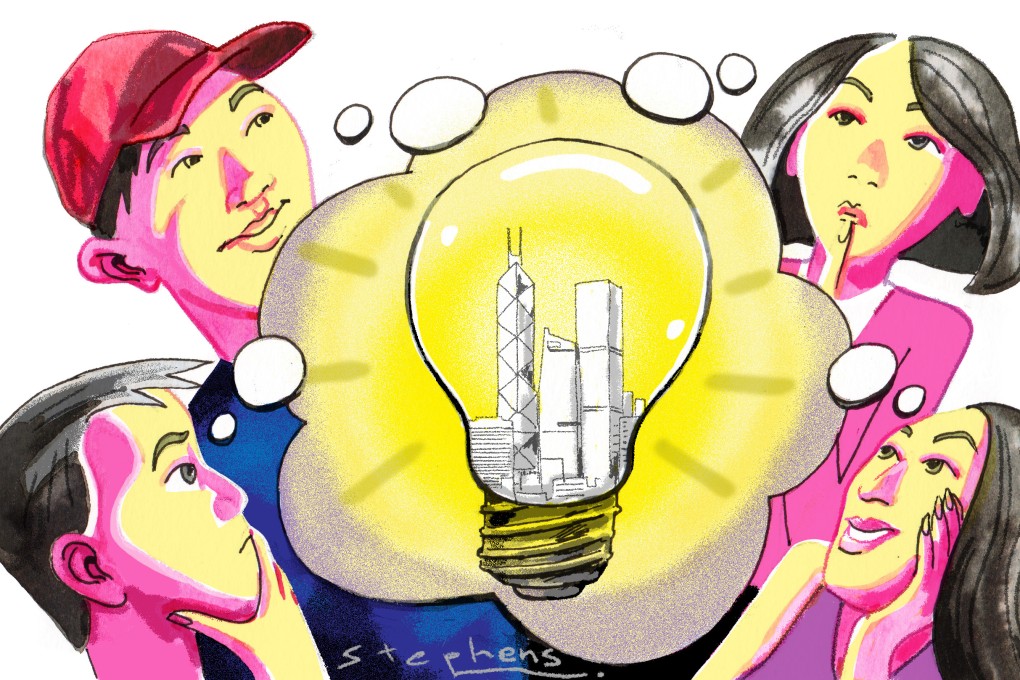Advertisement
Opinion | Hong Kong needs young people who can imagine the future to keep the city competitive and thriving
- People who are ‘future literate’ are more skilled at imagining the future and more able to prepare, recover and invent as changes occur
- Our schools and universities should nurture the kind of people who can imagine beyond pre-existing paradigms to inspire hope and foster collaboration
Reading Time:4 minutes
Why you can trust SCMP
1

It is too simple to say optimistic people see the future while pessimists do not. Hong Kong has entered its second 25 years back under Chinese control. What we envisage for the city has less to do with optimism or pessimism but how literate we are about the future.
Innovation and technology are important to Hong Kong’s future. During the visit by President Xi Jinping for the 25th anniversary of Hong Kong’s handover, the Science Park – the city’s largest facility for research and development beyond university campuses – was the only place he visited apart from attending the ceremonies. The visit showed the nation’s vision of developing Hong Kong as an international hub for science and technology innovation.
The future is unknown. As the future is uncertain, it is filled with change and instability, challenges and chances, hopes and anxieties. After all, the future can only be imagined. People’s ability to imagine the future varies, yet it can be trained, nurtured and enhanced.
Advertisement
Education plays an important role in creating the future. More educated people have a greater ability to imagine the future in more informed, realistic, innovative, entrepreneurial and positive ways.
Unesco, the UN’s heritage body, has said that “futures literacy” is an essential competency for the 21st century. It is a universally accessible skill that builds on the innate human capacity to imagine the future. It empowers people to escape from their “poverty of the imagination”.
Advertisement
Advertisement
Select Voice
Select Speed
1.00x

